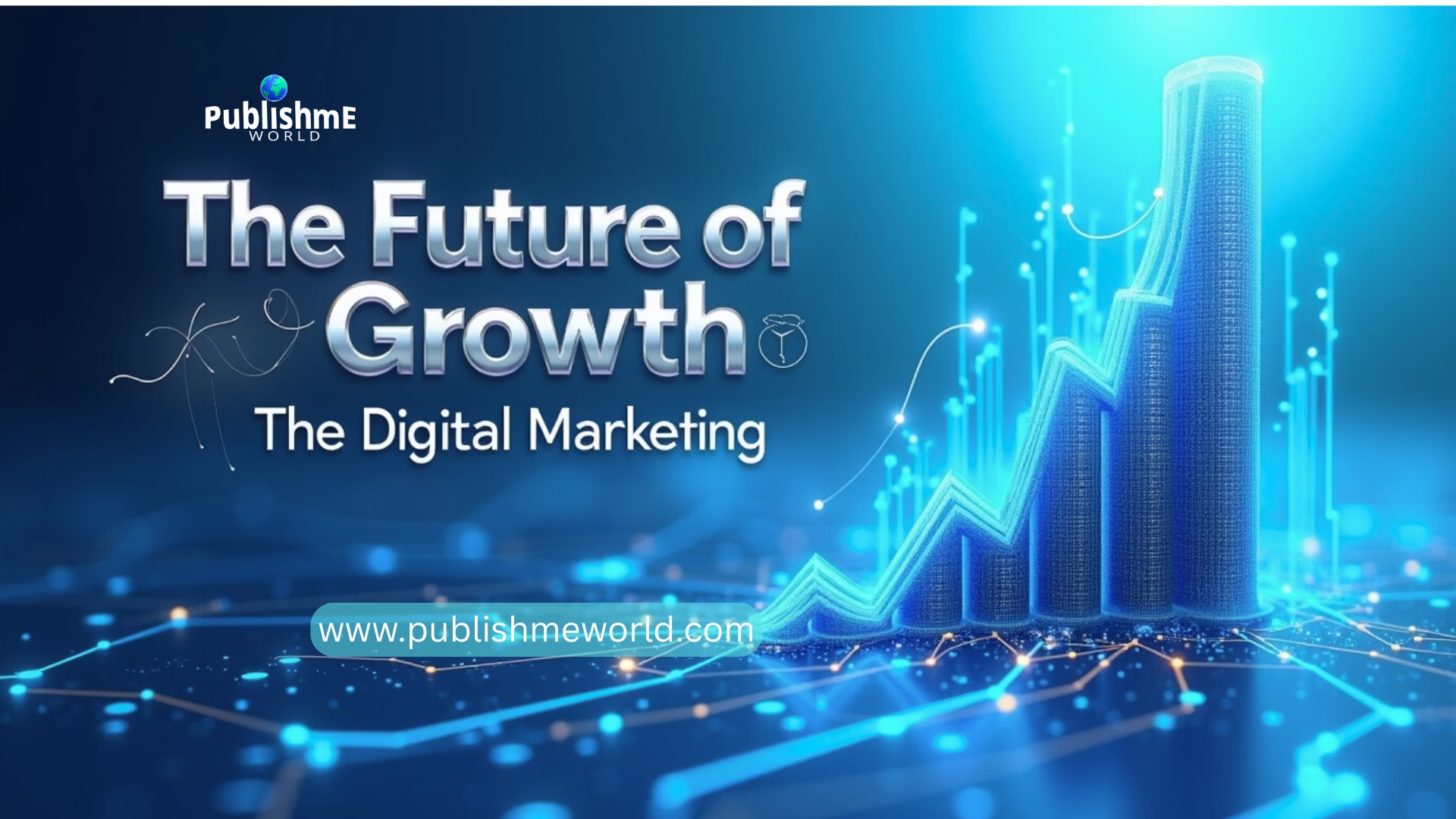Contents
Introduction
In today’s fast-paced digital world, businesses are evolving rapidly to keep up with changing consumer behaviors. Traditional marketing has taken a back seat, while digital marketing has become the driving force behind brand growth, lead generation, and customer engagement. From small startups to multinational companies, everyone is leveraging digital tools to reach wider audiences, track performance in real-time, and maximize ROI.
This blog explores the importance of digital marketing, its types, benefits, strategies, and what the future holds.
What is Digital Marketing?
Digital marketing refers to promoting products or services using digital channels such as search engines, social media, email, websites, and mobile apps. It includes a wide array of online tactics that businesses use to connect with current and potential customers.
Unlike traditional methods like print ads or TV commercials, digital marketing allows real-time communication and performance tracking, making it more efficient and data-driven.
Digital marketing means marketing products or services using digital marketing of digital channels such as search engines, social media, e -mail messages, websites and mobile apps. It contains a wide selection of online strategy that companies use to contact current and potential customers.
Unlike traditional methods such as print ads or TV ads, digital marketing allows real-time communication and performance tracking, which provides it more efficient and data-driven.
Why Digital Marketing is Important
Extensive access
Digital marketing allows companies to join 24/7 with global target groups and break geographical boundaries.
Effective cost
Web campaigns are quite cheap than traditional ads. Even with a small budget, brands can reach thousands of users via social media or e -mail.
Average result
With devices like Google Analytics, the disaster can track every click, impression and conversion. This helps refine campaigns for better performance.
Targeted audience
Platforms such as Facebook ads and Google ads allow you to target target groups based on age, gender, interests and online behavior.
Customer makes relationships
Through regular engagement on social platforms or e -mail messages, brands can develop a strong relationship with customers, increase loyalty and storage.
Types of Digital Marketing
- Search Engine Adaptation (SEO)
The SEO search engine is the process of customizing a website to rank higher on the results pages (SERP). This includes keyword research, material construction, coupling construction and technical adaptation. - Material Marketing
This includes creating valuable materials (blogs, videos, infographics) to attract and maintain targeted audience. Good content creates confidence and increases traffic. - Social Media Marketing (SMM)
Platforms such as Instagram, Facebook, LinkedIn and Twitter are used to create brand awareness and contact followers. Paid advertising options promote visibility. - Pay-Per-Click Advertising (PPC)
PPCs appear at the top of advertising results or on websites, and the business only pays when a user clicks on advertising. Google advertising is the most popular PPC platform. - E -Post Marketing
Despite being one of the oldest techniques, e -post marketing still provides high ROI. Personal and automated e -mail messages, lead and drive help to pursue conversions. - Associated marketing
In this model, companies reward third -party publishers (colleagues) to drive traffic or sales through marketing efforts. - Impressive Marketing
Marks work together with influential people to market their products to the target group, take advantage of the affected trusts and the following. - Mobile Marketing
This includes SMS marketing, mobile apps and information to reach users on smartphones and tablets.
Conclusion
Digital marketing is not just a trend—it’s a necessity for modern businesses. Whether you’re a startup, freelancer, or global brand, embracing digital marketing opens the door to scalable growth, stronger customer relationships, and measurable success. With the right strategy, tools, and mindset, anyone can leverage the power of digital to build a thriving business in 2025 and beyond.

